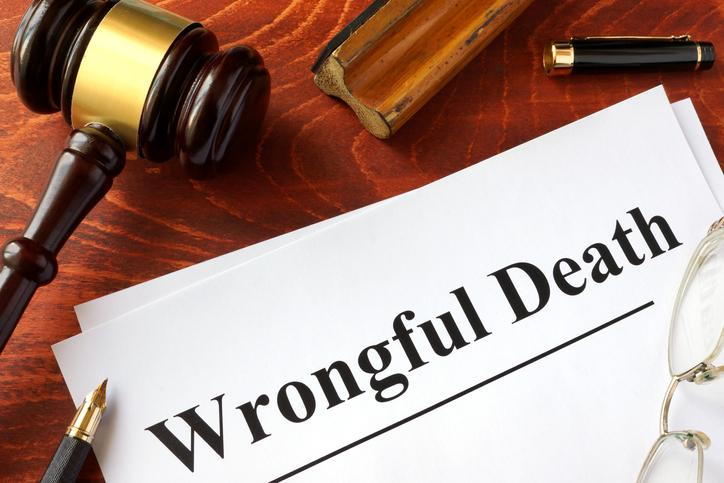
- posted: Nov. 30, 2020
- Personal Injury
Losing a loved one is always a devastating event, but losing someone due to another person’s wrongful act can make the pain even harder to bear. If you’ve experienced such a tragedy, you may be able to pursue a wrongful death lawsuit, which allows recovery of damages suffered by the deceased and by his or her survivors. In Tennessee, however, such suits can be filed only by certain individuals and in limited circumstances.
Survivors with standing to sue for wrongful death may seek the damages that could have been recovered by the deceased had he or she survived the fatal incident, such as compensation for mental and physical suffering, loss of productive time and other expenses. These survivors can also sue over injuries they suffered on account of the death, including loss of financial support and companionship.
The right to sue for wrongful death belongs to the following people, in order of priority:
- Spouse — If the deceased was married at the time of death, the wrongful death action may be brought by the surviving spouse, who is entitled to all damages recovered. If the parties were going through a divorce, the surviving spouse can pursue a claim as long as the divorce was not yet final.
- Spouse and children — If the deceased is survived by a spouse and children, including those from a prior marriage, they all have standing to sue. The surviving spouse receives a one-third or equal share, whichever is greater, and the children split the remainder equally among them.
- Children — If the deceased is divorced or unmarried at the time of their death but has surviving children, those children are entitled to equal shares of any damages they recover.
- Parents — In the event the deceased was unmarried and had no children, his or her parents are entitled to file a wrongful death lawsuit. Under Tennessee law, parents can also file a wrongful death claim if actions by any other person, including a doctor, caused the death of a legally viable fetus.
- Siblings — If the deceased is unmarried, has no children and has been predeceased by his or her parents, any surviving siblings may file a wrongful death claim, splitting the recovered damages equally.
If any person receiving wrongful death damages is a minor, the proceeds will be placed in trust until he or she reaches majority age.
Success in a wrongful death suit requires proof not only that a negligent or deliberate act caused the death but also that the claimed damages were the direct result. Both of these aspects require thorough investigation and documentation. In addition, a wrongful death claim generally must be filed within one year of the date of death.
An experienced Tennessee wrongful death lawyer can explain your options and help you understand your rights. At Massengill, Caldwell & Coughlin, P.C. in Bristol, we offer compassionate and effective representation in these matters. Call us at 423-797-6022 or contact us online to schedule your free consultation.


